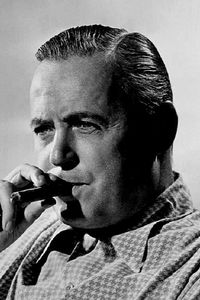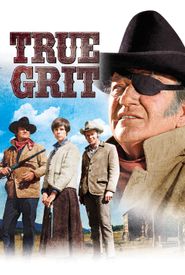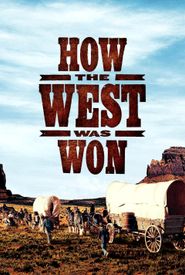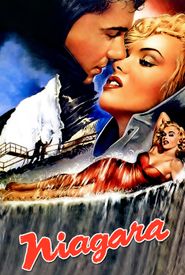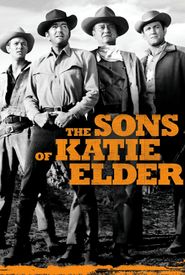Henry Hathaway, son of a renowned stage actress and manager, embarked on a career in the entertainment industry at a tender age, starring in westerns directed by the illustrious Allan Dwan. His nascent film career was, however, temporarily interrupted by the tumultuous events of World War I. Following his military discharge, Hathaway attempted to forge a new path in finance, only to eventually return to Hollywood, where he honed his skills as an assistant director under the tutelage of esteemed filmmakers such as Frank Lloyd, Paul Bern, Josef von Sternberg, and Victor Fleming, who would later attribute his success to their guidance.
In 1932, Hathaway made his directorial debut with the western Heritage of the Desert, a film that would set the tone for his distinctive approach to storytelling. Characterized by his uncomplicated and straightforward style, Hathaway's direction was also notable for its striking visual effects and innovative use of unusual locations. Despite his reputation for being demanding on his actors, Hathaway was able to elicit outstanding performances from stars such as John Wayne and Marilyn Monroe, who thrived under his guidance.
Throughout his illustrious career, Hathaway established himself as a reliable and highly successful director within the Hollywood studio system. Nevertheless, his work has, unfortunately, received relatively little attention from critics, a fact that has contributed to his somewhat underappreciated legacy.
